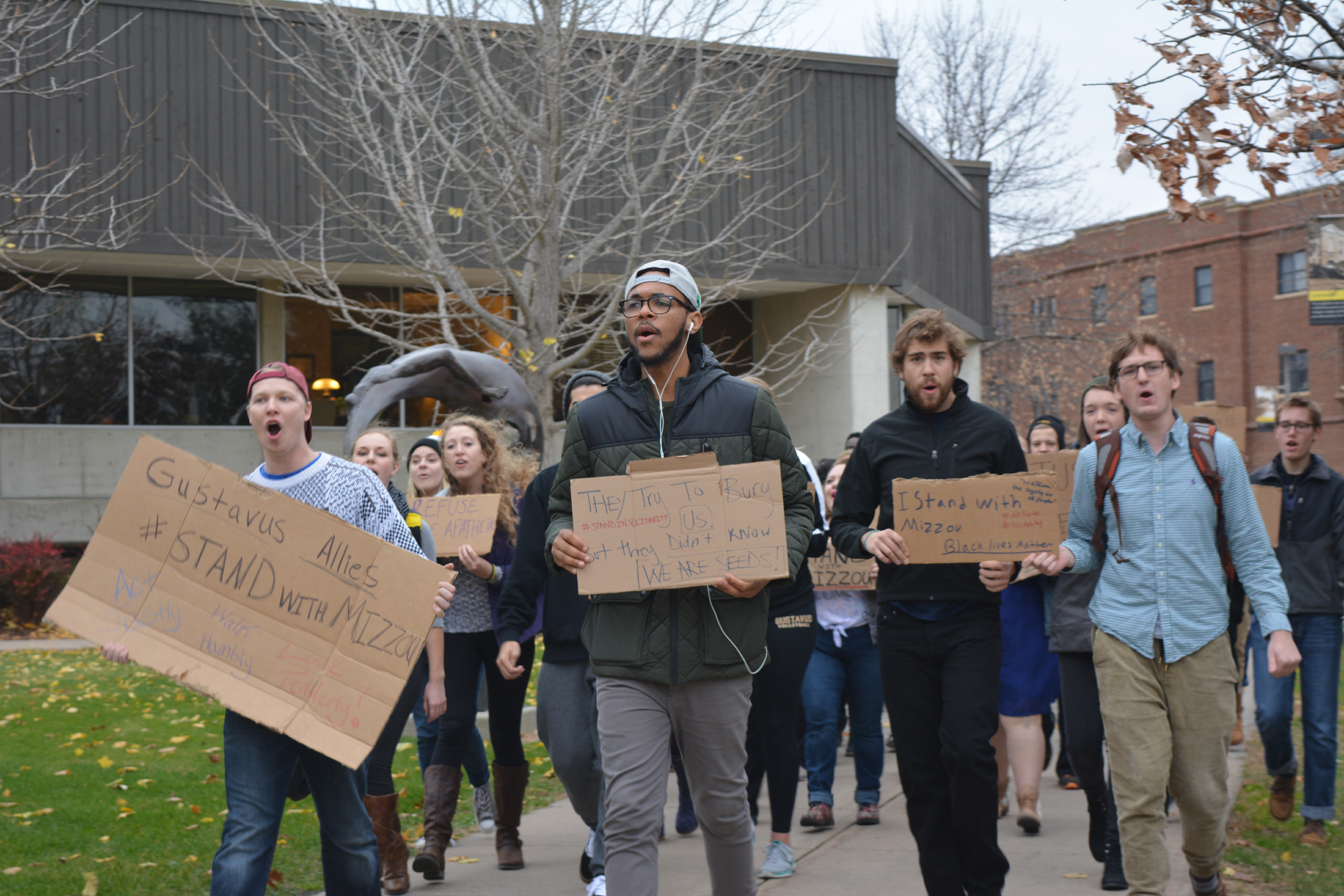Let’s be honest, I like it when things are about me. I like attention. Everyone does. If anyone says they “don’t like being the center of attention”, they’re lying. Seeking attention is a basic human instinct. But there are a few times when you have to give up on being the center of attention: other people’s birthday parties, funerals, and social justice movements that are not for you.
For example, I have yet to make it through one class period on feminism without hearing some iteration of “but feminism helps men too.” Yes, when done correctly, feminism can help men by ending constrictive gender roles that expect men to bottle up their feelings and act with violence. But feminism is not for men.
Feminism cannot privilege men because male privilege is the exact problem it’s trying to address. Yes, it’s great when social justice movements work out for everybody, but if your response to the statistic 1 in 5 women are sexually assaulted in their lifetime is “yeah, but what about me?” then you have a problem.
My white privilege makes it possible for me to go my entire life without worrying about racism if I chose to. Yes, I would be happier if my friends of color felt safer and the police were held more accountable for their actions, but I can never even presume to understand what it actually feels like to experience racism. But still, when I hear about the Black Lives Matter movement, I need to be able to offer my support without complaining and asking, “don’t all lives matter?”
#AllLivesMatter isn’t an expansion. It’s a diversion. Because in reality, all lives aren’t equally in danger in America. Nor do #AllLivesMatter believers really care about all lives. They don’t argue for the lives of the disabled, the lives of the poor, or the lives of refugees. They’re just white people throwing a temper tantrum because for once, they aren’t the focus.
When those who already hold privilege in society demand privilege within social justice movements, they hold progress back. If you want to be an ally, you have to start by acknowledging your own privilege and then begin to listen to those who don’t have that privilege. For once, it’s not going to be all about you, and that’s okay.
If you enter a social justice movement expecting the instant gratification privilege usually affords you, you’ll be disappointed. If you expect to be rewarded or given special treatment for believing in equal rights, you’ll be disappointed.
Your experience as an ally will not be comfortable, because the prejudices ingrained in our society will not easily be overturned. But when these disappointed people get mildly inconvenienced, they throw up their hands, declare the movement has lost its direction, and they get out.
Not that I think those of privilege are being completely selfish. To some extent, this issue boils down to the difference between empathy and sympathy. According to the Grammarist, empathy is born out of common experience, observing someone’s feeling and connecting it with a feeling of your own.
Sympathy is compassion without the common feeling or experience. White people often try to feel empathy with those who have experienced racial oppression, but there’s no common experience to draw on. Instead, they conflate minor feelings of offense and inconvenience to a history of systematic oppression, and create more divide. Sympathy is often seen as less genuine than empathy, but it’s more effective than forcing common experience where there is none.
In times like this, when it seems like tragedies happen every week and the whole world is in conflict, we need a boost of sympathy. We need to be able to see outside ourselves. We need to prioritize our energy not towards the greatest expectation of reward, but towards the greatest need.
Social justice movements do not have to benefit you in order to be valid. Those of us that hold privilege in society need to use that privilege to further causes, not bog them down in accusations of “man-hating” or “reverse racism.” If you’re ever going to contribute to the progress of society, you need to be okay with it not being about you.
